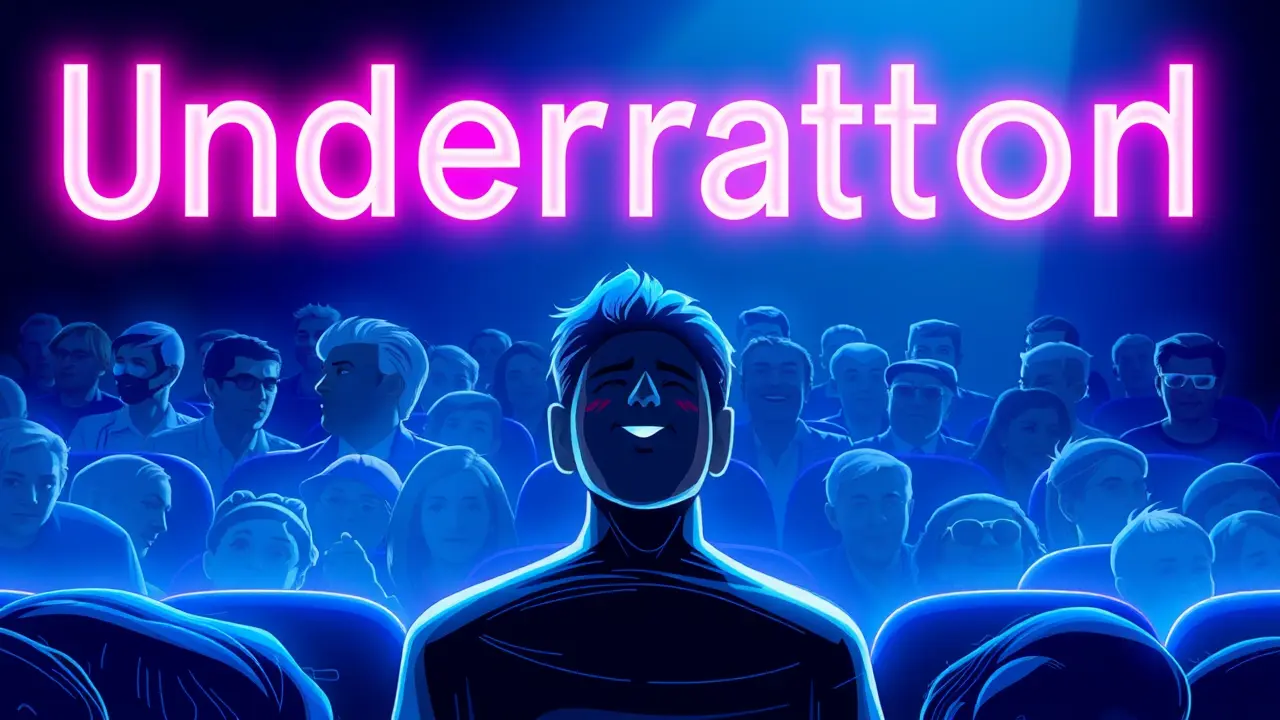
Entertainmentreviews
Comedies Underrated by Critics According to Rotten Tomatoes.
AM
1 month ago7 min read5 comments
Comedy, as any seasoned film critic will tell you, is the most perilously subjective of all cinematic genres, a truth that becomes starkly evident when one compares the visceral joy of a packed theater's laughter with the cold, numerical verdict of a Rotten Tomatoes score. The chasm between critical consensus and audience adoration is a narrative as old as Hollywood itself, a recurring drama where films initially panned by the gatekeepers of taste find their redemption arc in the living rooms and late-night watch parties of the masses.Take, for instance, a film like 'Step Brothers,' which upon its 2008 release was met with a tepid shrug from many professional reviewers who dismissed its absurdist, man-child humor as juvenile and unstructured. Yet, in the years that followed, its dialogue has been woven into the very fabric of pop culture, its quotable lines becoming a shorthand for a certain brand of comedic camaraderie.This phenomenon isn't merely about differing tastes; it's a fundamental question of what we value in comedy itself. Is the primary function of a comedy to exhibit technical precision, narrative complexity, and thematic depth, or is it simply to provoke genuine, unadulterated laughter, a physiological response that often defies intellectual deconstruction? Critics, often burdened with the task of viewing films through a lens of artistic merit and cultural significance, can sometimes be immune to the primal appeal of a perfectly timed pratfall or a brilliantly delivered non-sequitur.They operate in a realm of comparison, holding comedies against the gold standards of Billy Wilder or the Coen Brothers, while audiences often seek a more immediate, visceral connection—an escape, a shared experience, a moment of pure, silly joy. The Rotten Tomatoes platform, by bifurcating its scores into 'Tomatometer' for critics and 'Audience Score' for viewers, brilliantly illuminates this very schism.It creates a public ledger of this eternal debate. Films like 'Grandma's Boy' or 'Hot Rod' may have been critical casualties upon their debut, their meta-humor and slacker ethos failing to resonate with a press corps looking for more conventional storytelling.But their low Tomatometer scores became a badge of honor for their fans, a symbol of an underdog comedy that spoke to them directly, bypassing the middleman of critical approval. This dynamic speaks to a larger cultural shift in the authority of criticism.In the digital age, the power of the singular, influential critic has diminished, replaced by the aggregated voice of the crowd. A comedy doesn't need a glowing review in a major publication to find its audience anymore; it needs a catchy clip to go viral on TikTok or a dedicated subreddit where fans can dissect its every joke.
#featured
#comedy
#film criticism
#Rotten Tomatoes
#audience reception
#editorial picks news
Stay Informed. Act Smarter.
Get weekly highlights, major headlines, and expert insights — then put your knowledge to work in our live prediction markets.
Related News
Comments
Loading comments...
© 2025 Outpoll Service LTD. All rights reserved.